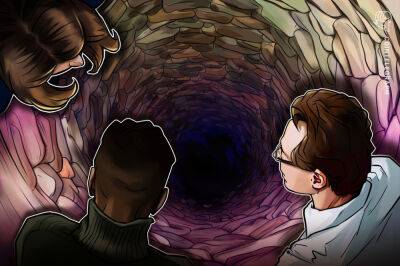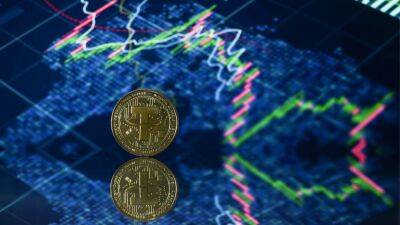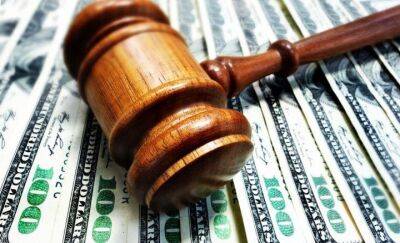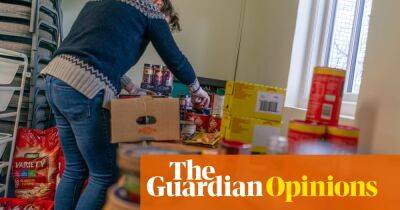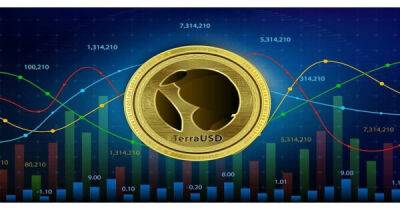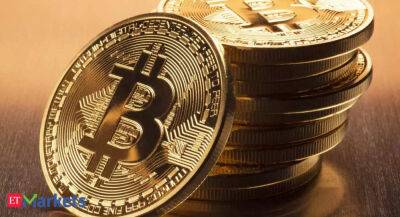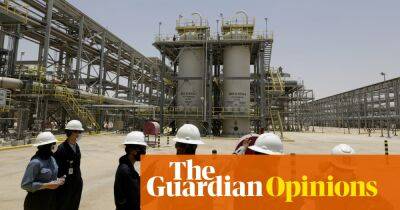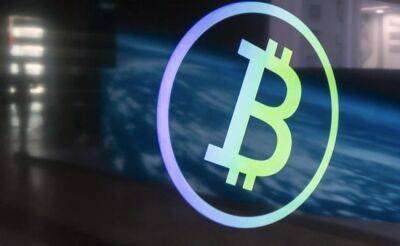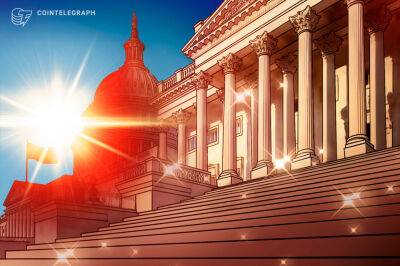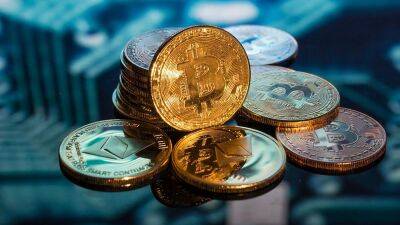The economy is collapsing. Yet I can’t recall a government so devoid of a plan
Welcome to Britain, May 2022 – and one of the most toxic and dangerous economic moments I can recall. Last week, the Bank of England forecast inflation exceeding 10% and predicted negligible growth for the next two years, toppling into months of recession, accompanied by the savage squeeze on living standards. This is serious enough, but less remarked and of as much importance is the 10% devaluation of sterling over the past three months.
This is a reaction to the economic trap Britain is in, intensified by the implosion of our EU trade post Brexit and the Brexit-induced fall-away in inward investment. If sterling’s fall continues, the Bank of England’s policy choices will be even grimmer.
At the moment, it hopes that interest rates will peak at a manageable 2.5% before inflation starts to fall back to 2% in 2025. But that depends on an end to sterling’s decline. If the Bank has to reassure the financial markets about its determination to contain inflation and staunch the pound’s continuing weakness (why would anyone buy it?), interest rates could yet climb higher.
The economy will be forced into deeper recession, with already visible strains in parts of the property market becoming more intense.
The markets would be more reassured if it were clear that the government had a strategy, a programme, a plan. The problem: the government is clueless, hanging on to two quasi-religious shibboleths it cannot shed. In its eyes, the hard Brexit it negotiated is a sacred achievement that can imply only opportunity, not crisis. Its faults cannot be acknowledged. Second, Thatcherism has such standing that any purposeful action to address the economy’s weaknesses is deemed “unConservative”.
The government’s economic understanding is thus
Read more on theguardian.com





